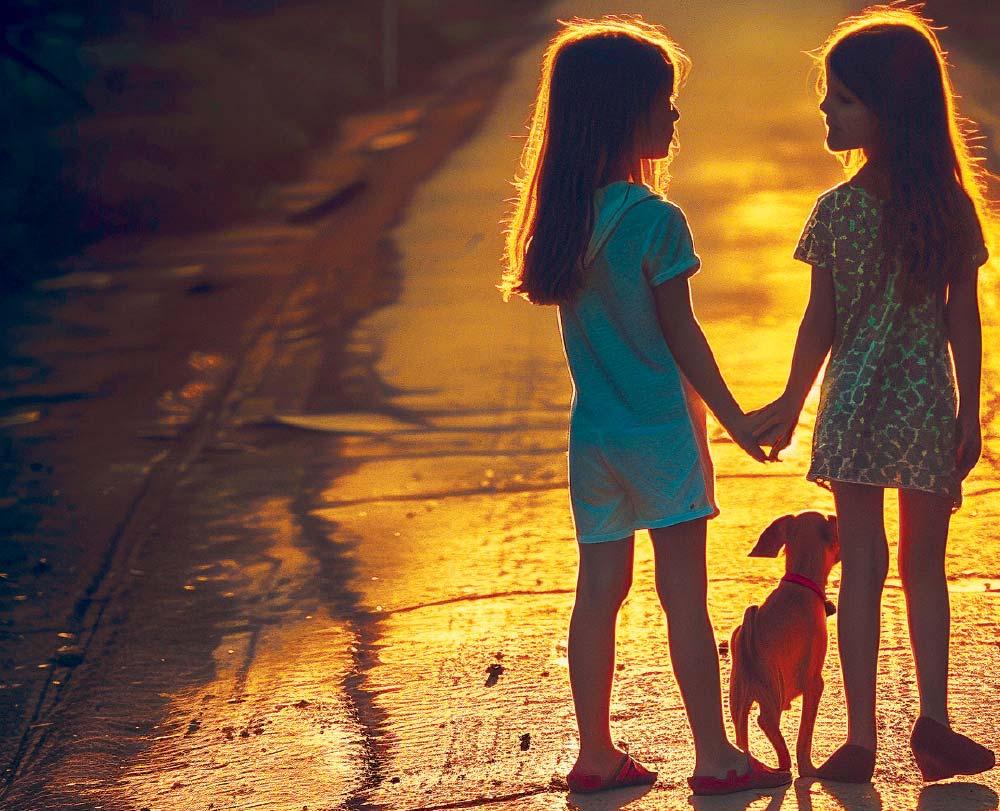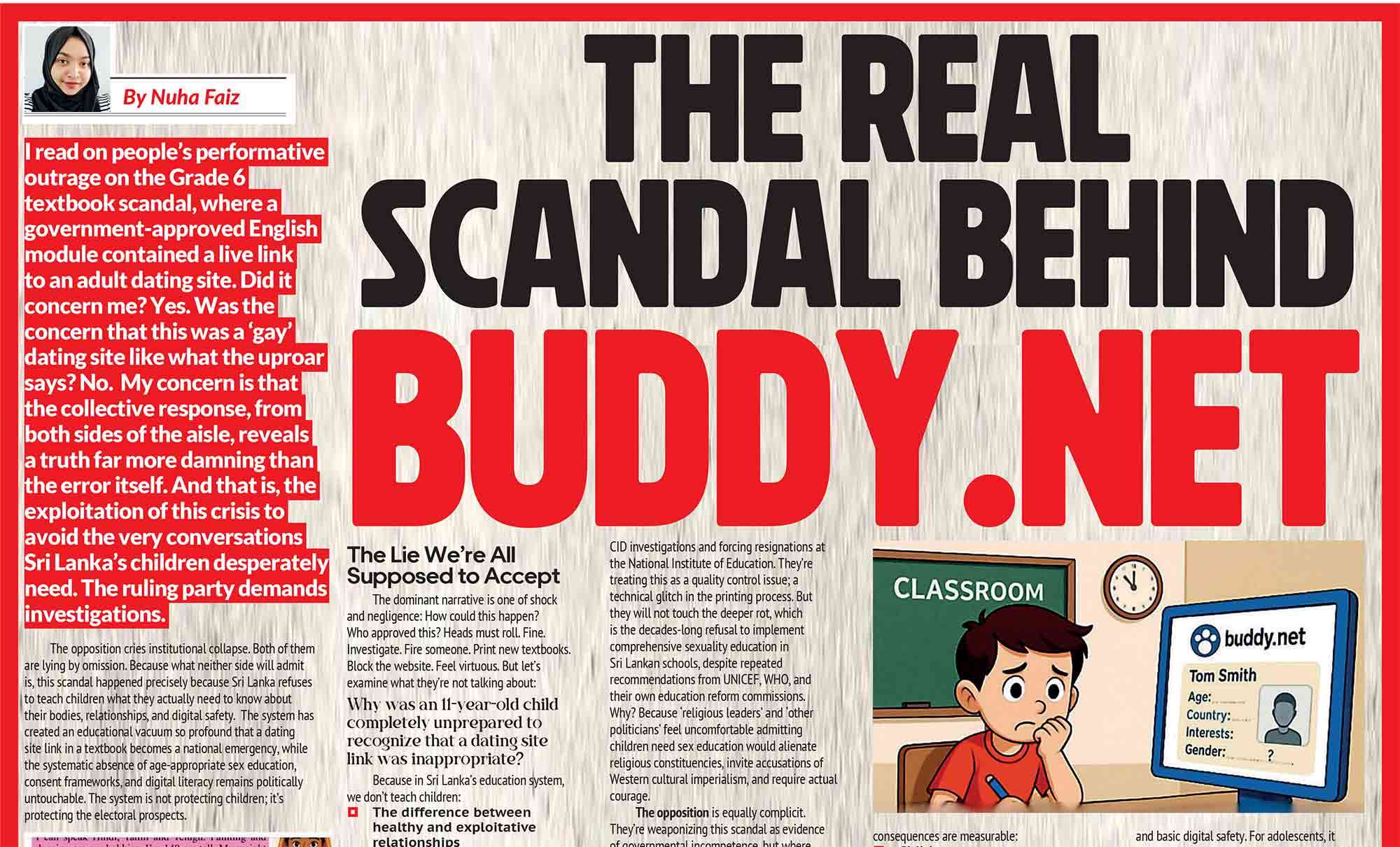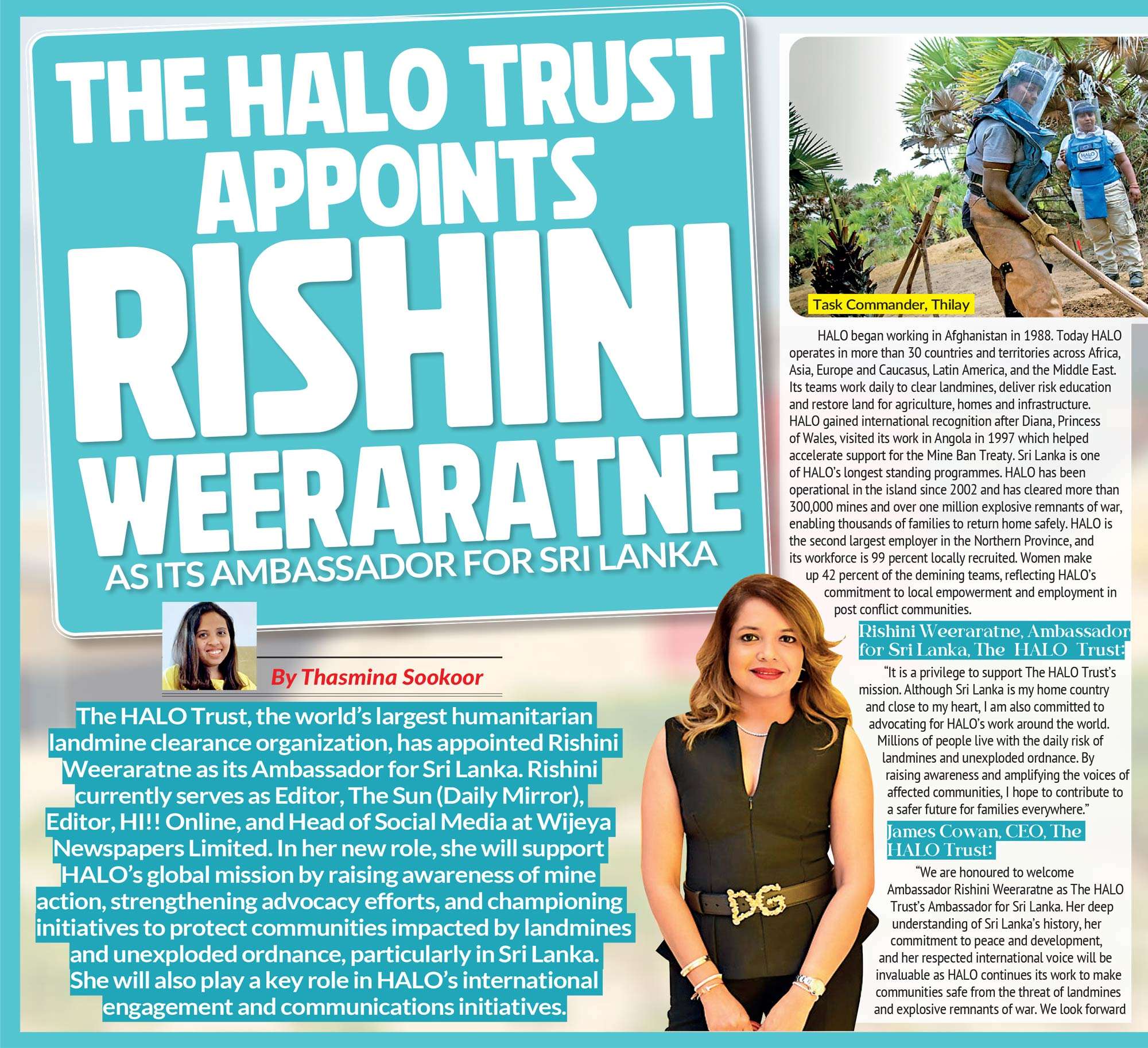
Friendship is one of the most treasured human experiences. We lean on our friends in times of joy and grief, trusting them with secrets, celebrating milestones, and finding solace in their companionship. Yet, paradoxically, some of the deepest friendships can disintegrate overnight, transforming allies into adversaries, confidantes into strangers, and sometimes, loved ones into people we can’t stand to be in the same room with. Why does it happen? Why is it so easy for us as humans to be best friends one minute and mortal enemies the next? And perhaps more importantly: when friendships end, why do we struggle to simply walk away with kindness, instead of leaving scars behind?
The Fragility of Human Bonds
At the heart of the matter lies a simple truth: friendships, like all relationships, are fragile. They are built on trust, mutual respect, shared values, and experiences. But unlike family ties, friendships are voluntary; there is no biological obligation to maintain them. That freedom makes them beautiful but also precarious. A friend can feel closer than family precisely because we choose them. But when the conditions that sustain a friendship; trust, reciprocity, honesty, are disrupted, the bond can collapse rapidly. A single betrayal, harsh word, or perceived slight may dismantle years of closeness. It’s not always dramatic. Sometimes friendships fade quietly through neglect or distance. But often, when they end abruptly, the intensity of the fallout shocks us. How can someone who once knew us so well now feel like an enemy?
Why Best Friends Can Become Mortal Enemies
The transition from friend to foe rarely happens without reason. Psychology offers several explanations:
Betrayal Hurts More from Friends
If a stranger disappoints us, the pain is minimal. But when a friend betrays trust, by gossiping, lying, or failing to show up when needed, the wound cuts deeper. We expect loyalty from friends, so the sense of betrayal can trigger anger and resentment. That intensity can tip into hostility.

Similarity Breeds Rivalry
We often befriend people who share our interests, backgrounds, or ambitions. This closeness creates fertile ground for comparison. When one friend succeeds while the other struggles, jealousy can seep in. Shared similarities that once bonded two people can turn into points of competition, igniting resentment.
Unspoken Expectations
Friendships are laced with unspoken rules: “I’ll be there when you need me,” “You’ll celebrate my successes,” “You’ll keep my secrets.” When these expectations aren’t met, even unintentionally, disappointment festers. Because such rules are rarely articulated, misunderstandings often escalate.
Conflict Escalation
Arguments in friendships can spiral quickly because of accumulated intimacy. A casual disagreement over politics, lifestyle, or money can resurface old wounds and unresolved tensions. Instead of diffusing the situation, past resentments resurface, making reconciliation difficult.
The Intensity Factor
Friendships, particularly close ones, mimic romantic relationships in their emotional intensity. That’s why their breakdown can trigger feelings of grief, abandonment, and even rage. A best friend isn’t just “a person” they represent years of memories, trust, and identity reinforcement. Losing that can feel like losing a part of ourselves.
Why We Struggle to Walk Away Kindly
One might assume that maturity would allow us to end friendships gracefully, simply acknowledging differences and parting ways without malice. Yet, reality tells a different story. People often leave friendships in chaos: harsh words, broken confidences, ghosting, or even sabotage. Why?
The Ego Problem
When friendships end, our ego is bruised. We question: Was I not good enough? Did I do something wrong? Instead of sitting with vulnerability, many people go on the defensive, lashing out, justifying, or painting the other person as the villain.
The Need for Closure
Humans crave explanations. A friend drifting away without reason leaves a gap in our narrative. In the absence of clarity, we sometimes fill the void with assumptions, bitterness, and blame.
Emotional Overflow
Anger, sadness, disappointment; these emotions demand an outlet. Unfortunately, that outlet often becomes the other person. Instead of walking away with dignity, we vent our hurt by inflicting hurt in return.
The Myth of “Forever”
Society idealizes friendship as lifelong. We grow up believing that true friends will always be there. When reality proves otherwise, the dissonance feels like betrayal. Rather than accepting change, we fight against it.
Revenge as Closure
For some, hurting the friend who hurt them feels like regaining power. But revenge rarely delivers the healing we seek; it only deepens the cycle of animosity.
Cultural and Social Dimensions
The way friendships end is also shaped by cultural norms. In collectivist societies, where community harmony is prioritized, people may avoid open conflict, leading to quiet estrangements rather than explosive endings. In individualistic cultures, confrontations may be more direct, sometimes escalating into dramatic breakups. Social media has also reshaped friendship endings. In the past, losing a friend often meant physical distance and silence. Today, digital connections keep ex-friends visible. Watching someone we once loved thrive online, without us, can exacerbate bitterness and make “kind walking away” much harder.

The Aftermath: Grief, Healing, and Growth
The end of a friendship is a form of grief. Researchers have found that losing a close friend can feel as devastating as a romantic breakup, if not more. We mourn not just the person but also the shared identity, routines, and history.
Yet endings also offer opportunities:
- Reflection: Understanding what went wrong can improve how we approach future relationships.
- Boundaries: Recognizing incompatible dynamics helps us define healthier limits.
- Resilience: Surviving the loss strengthens emotional maturity.
- New Beginnings: Letting go creates space for new, more aligned friendships.
Can We Do Better?
So, is it possible to end friendships with kindness? The answer is yes, but it requires conscious effort. Here are some pathways:
Acceptance of Impermanence
Not every friendship is meant to last forever. People grow, circumstances shift, and bonds evolve. Viewing friendships as chapters, not lifelong contracts, can soften the pain of endings.
Clear Communication
When possible, explaining why you’re stepping back can provide closure. A simple, honest statement, without blame, can preserve dignity for both parties.
Compassion Over Retaliation
Choosing kindness doesn’t mean denying hurt. It means acknowledging pain without weaponizing it. A private journal, a therapist, or a trusted neutral friend can absorb anger better than the person you’re parting ways with.
Respectful Distance
Sometimes the kindest act is silence. Walking away without gossip, public shaming, or vindictiveness allows both people to heal.
Self-Work
The way we end friendships often reflects our own insecurities. Learning emotional regulation, cultivating empathy, and practicing forgiveness can break the cycle of friend-turned-enemy.
The Universal Lesson
The paradox of human connection is that its strength is also its vulnerability. We open ourselves to joy, intimacy, and belonging through friendship, but in doing so, we expose ourselves to pain when those bonds rupture. The ease with which friends become enemies reflects not weakness in human nature, but the depth of our emotional investment in one another. Perhaps the true measure of maturity isn’t avoiding friendship breakups altogether, but learning to navigate them with grace. To tell ourselves: This chapter is over. I will walk away with kindness. I will leave no harm behind. Because in the end, how we treat others, even in goodbye, speaks volumes about who we are.











